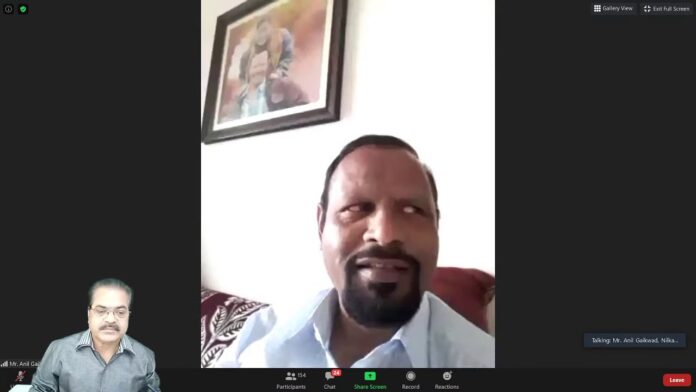Free speech is a fundamental human right that is essential for the proper functioning of a democratic society. It is a principle that allows individuals to express their thoughts, opinions, and beliefs without fear of government censorship or retaliation. In this article, we will explore the importance of free speech, its historical background, its role in a democracy, its limitations, and examples of its impact on society.
Historical Background of Free Speech
The Origins of Free Speech
The concept of free speech has its roots in ancient Greece, where philosophers such as Socrates, Plato, and Aristotle discussed the importance of free expression and the exchange of ideas. In the 17th century, thinkers like John Milton and John Locke further developed the idea of free speech as a natural right.
The Evolution of Free Speech
Over the centuries, the concept of free speech has evolved and been enshrined in various legal and political documents. In the United States, the First Amendment to the Constitution guarantees the freedom of speech, while in Europe, the European Convention on Human Rights protects this fundamental right.
The Challenges to Free Speech
Throughout history, free speech has faced numerous challenges, including censorship, persecution, and attempts to suppress dissenting voices. From the burning of books to the imprisonment of journalists, the struggle for free expression has been a constant battle.
Importance of Free Speech in a Democracy

Enabling Participation in the Democratic Process
Free speech is essential for the functioning of a healthy democracy. It allows citizens to participate in the political process by expressing their views, voicing their concerns, and holding their elected officials accountable.
Fostering the Exchange of Ideas
Free speech encourages the free exchange of ideas, which is crucial for the advancement of knowledge and the development of new solutions to societal problems. It allows for the exploration of different perspectives and the challenging of existing beliefs.
Promoting Societal Progress
Free speech has been a driving force behind many of the most significant social and political movements in history. It has enabled individuals and groups to advocate for change, challenge the status quo, and push for a more just and equitable society.
Limitations of Free Speech

Balancing Rights and Responsibilities
While free speech is a fundamental right, it is not absolute. There are certain limitations, such as restrictions on hate speech, incitement to violence, and defamation, which are necessary to protect the rights and safety of others.
Navigating the Complexities of Online Speech
The rise of the internet and social media has introduced new challenges in regulating free speech. The ease of sharing information online has led to the spread of misinformation, hate speech, and cyberbullying, requiring a careful balance between protecting free expression and maintaining online safety.
Addressing the Abuse of Free Speech
The right to free speech can sometimes be abused, used to spread harmful ideologies, or to silence or oppress vulnerable groups. Addressing these issues requires a nuanced approach that upholds the principles of free speech while also protecting individuals and communities.
Examples of Free Speech Impacting Society
The Civil Rights Movement
The Civil Rights Movement in the United States was fueled by the power of free speech. Activists like Martin Luther King Jr. used their voices to challenge racial segregation and advocate for the equal rights of all citizens.
The Tiananmen Square Protests
In 1989, the Tiananmen Square protests in China were a powerful demonstration of the importance of free speech. The students and citizens who stood up to the government’s authoritarian rule showed the world the transformative potential of free expression.
The Arab Spring Uprisings
The Arab Spring uprisings of the early 2010s were driven in part by the power of social media and the free exchange of information. Citizens used platforms like Twitter and Facebook to organize, mobilize, and share their stories with the world.
Conclusion
In conclusion, the importance of free speech cannot be overstated. It is a fundamental human right that is essential for the functioning of a healthy democracy, the advancement of knowledge, and the progress of society. While there are necessary limitations on free speech, the principle remains a crucial safeguard against oppression and a cornerstone of a just and equitable society.
As we continue to navigate the complexities of the modern world, it is vital that we remain vigilant in defending the right to free expression. By upholding this principle, we can foster an environment of open discourse, encourage the exchange of ideas, and empower individuals and communities to drive positive change.









